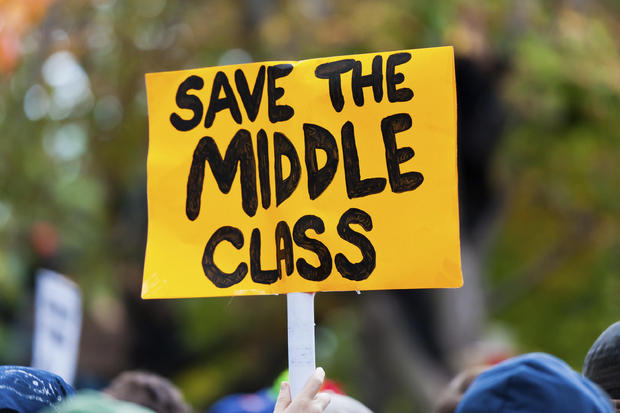by Evan Smith | Nov 21, 2023 | University of Memphis
BLOG POST When it comes to democracy in the modern world, Zimbabawe’s democratic system finds itself in a precariously unique position where it seeks to find a balance between survival and stability in a challenging environment. The nation’s unique position is...
by Colin C | Apr 4, 2022 | Rollins College
According to Yascha Mounk, populism is “Some attempt by ambitious politicians to mobilize the masses in opposition to an establishment they depict as corrupt or self-serving.” Many people blame the rise of populist leaders on economic inequality and its...
by Adrian Carrasquillo | May 3, 2021 | Georgia State University
In times of crisis, governments have a responsibility of maintaining their power, the stability of their institutions, and protecting their citizens from deteriorating conditions of their livelihood. Governments also have a choice on whether they will fulfill these...

by Kenneth Coleman | May 5, 2019 | University of Chicago
In Economic Origins of Dictatorship and Democracy, Acemoglu and Robinson present the role of the middle class in the formation and continuity of democracy. Since democracy forms as a “response to a serious revolutionary threat or significant social...
by Santosh Digal | Apr 7, 2018 | University of the Philippines, Diliman
Every society has some form of inequality. The trajectory of class based on the economy is complex. One of the ways of inequality is said to be based on economy or purchasing power. The slabs for economic categories of people in a democracy or democratization do...



